The focus of this book is on the interplay of several social, economic, cultural and political forces that led to the transition of Srinagar from the medieval to the modern age during 1890-1947. The ideas which constituted public opinion in Srinagar during this period have been critically analysed. The emerging thesis is not simply modernisation of Srinagar but the historic struggle of the educated elite in preserving what may be considered of permanent and abiding value in Kashmiri culture and to assimilate from the forces of modernisation what was necessary for building up the "New Kashmir" The importance of History of Srinagar, first published in 1978, lies in great critical acclaim that it received in academic journals of international repute, national news magazins and the local Urdu press.
ABOUT THE AUTHOR Mohammad Ishaq Khan
Formerly Professor and Head of the Department of History, Dean of the Faculty of Social Sciences and Dean Academic at Kashmir University, Mohammad Ishaq Khan is presently Director, Centre for Kashmir Studies at the same university. Awarded the Senior Leverhulme Research Fellowship by the Oxford Centre for Islamic Studies in 1992, his several publications including Perspectives on Kashmir: Historical Dimensions (1983); Kashmir's Transition to Islam: The Role of Muslim Rishis (1994, 1997, 2002, 2005), and Experiencing Islam (1997) have been well received in academic circles throughout the globe. His already published three seminal research articles concerning Islam and Kashmir have been reprinted recently by Oxford University Press in its prestigious publication: India's Islamic Traditions, 711-1750 (Ed. Richard M. Eaton), Religious Movements in Northern India (ed. David Lorenzen) and India's Religions (ed. T.N. Madan). His monumental work: Dictionary of Sufism in South Asia is print.

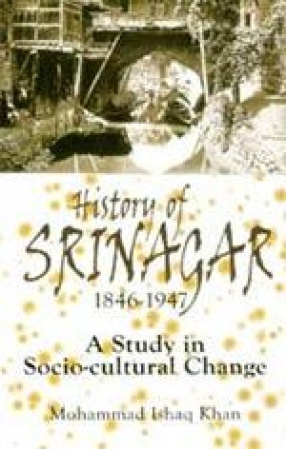
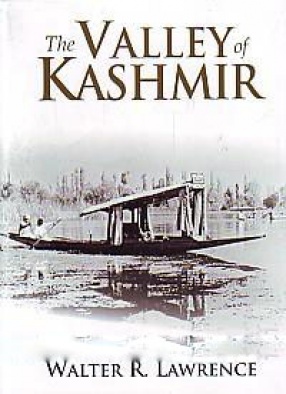
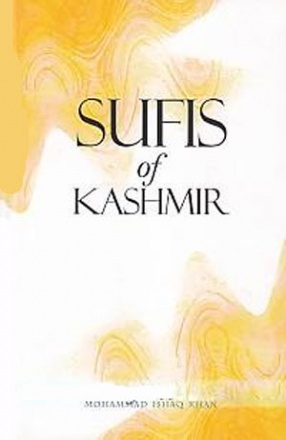
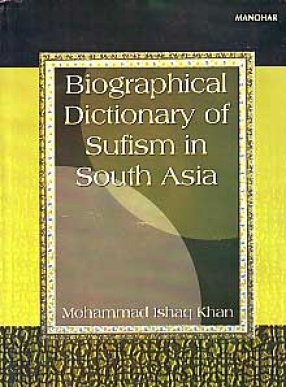

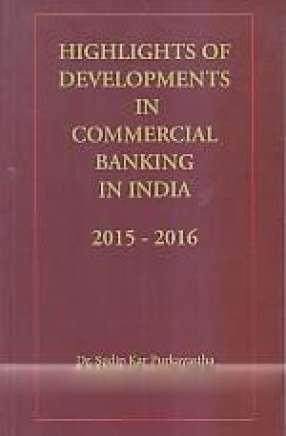
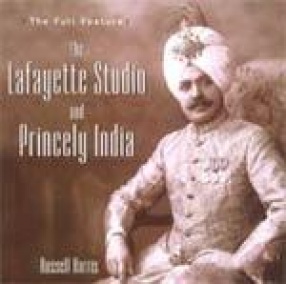
There are no reviews yet.